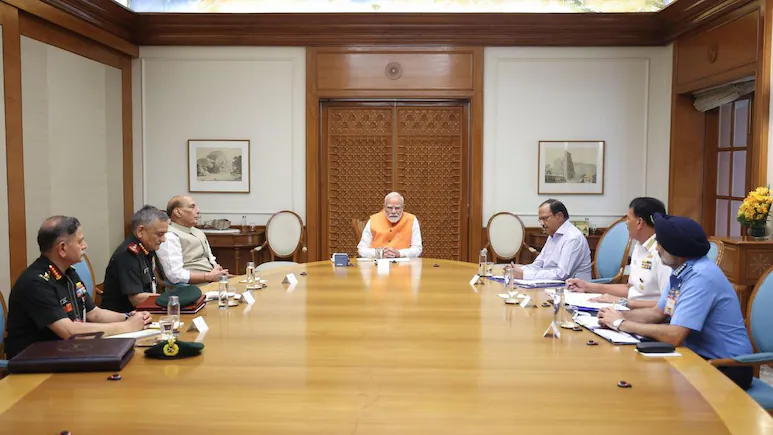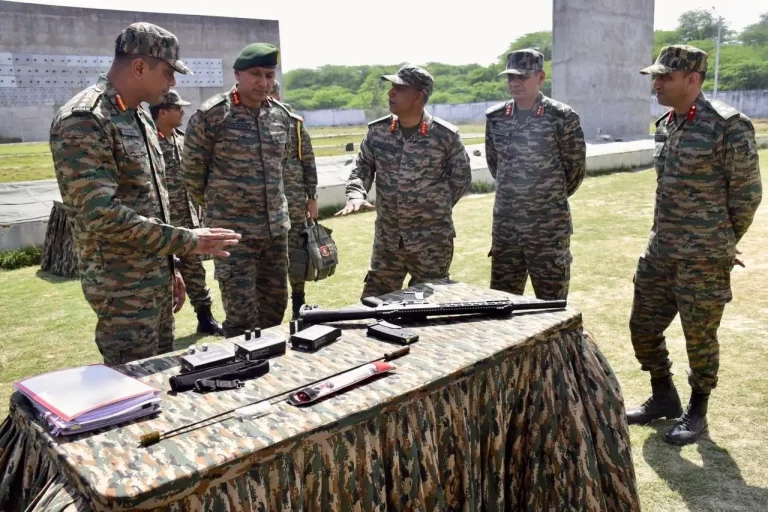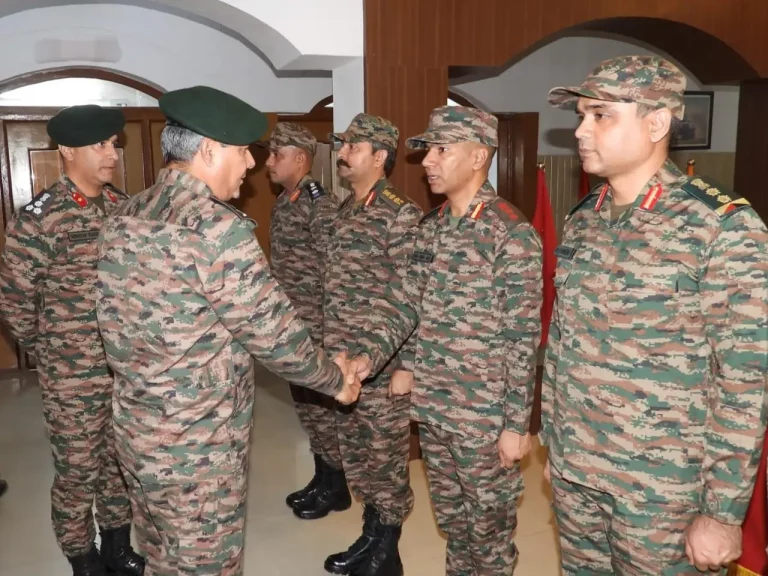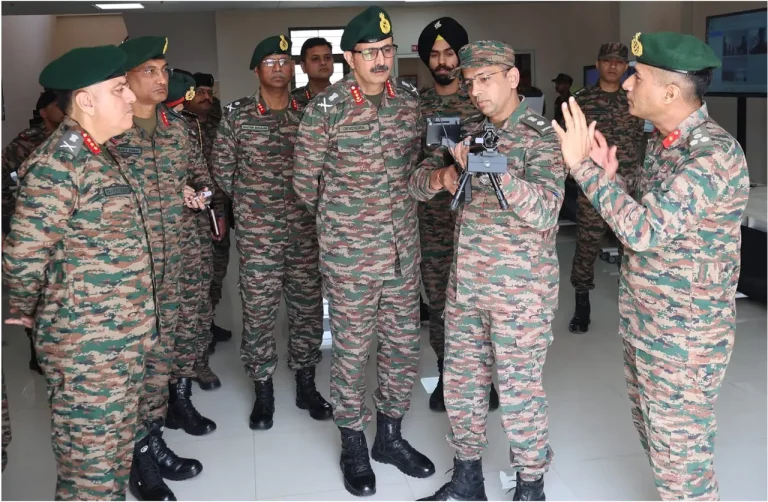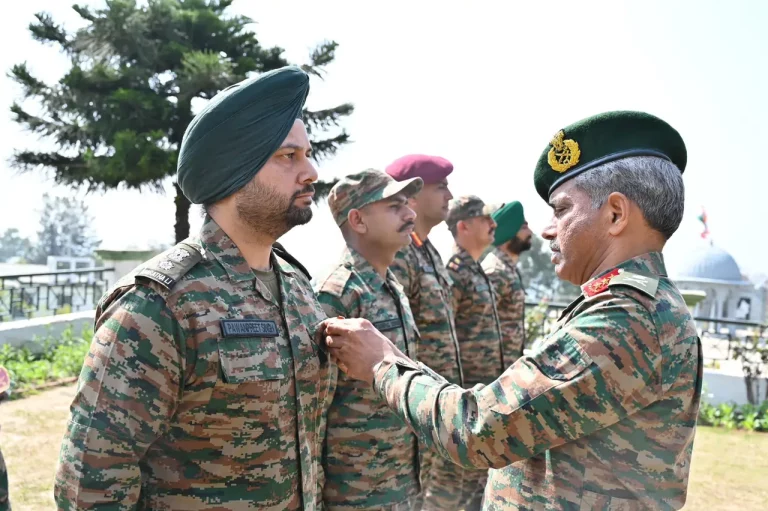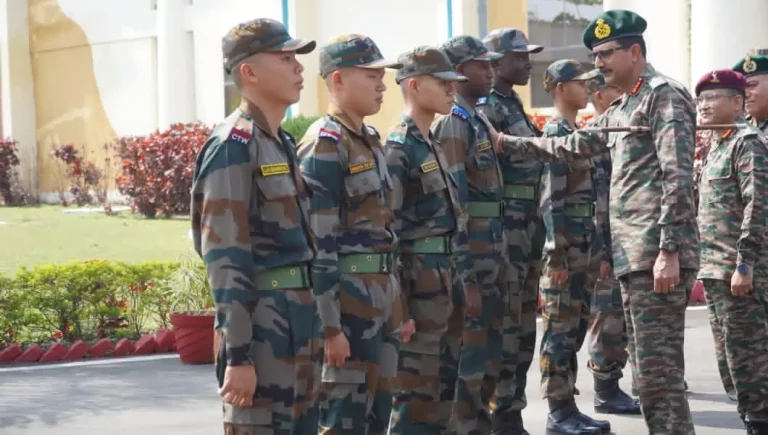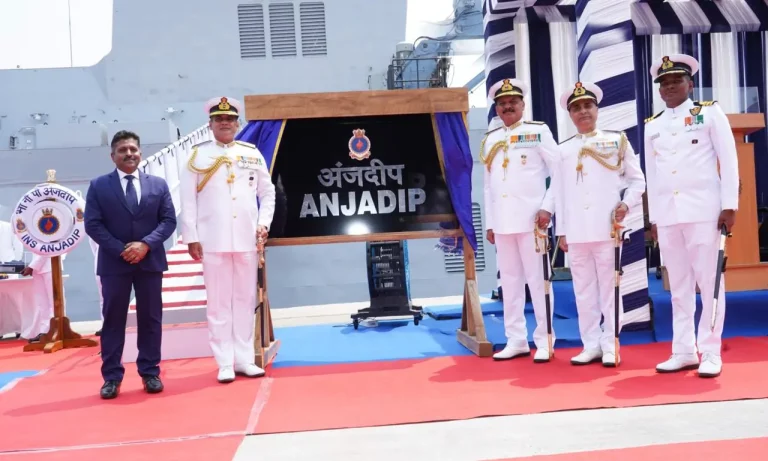Prime Minister Narendra Modi is currently presiding over a high-level security meeting at his official residence in New Delhi, aimed at evaluating the implications of the recent Pahalgam terror attack and the overall security situation in Jammu and Kashmir. This urgent session comes on the heels of the attack that occurred on April 22, which tragically resulted in the deaths of 26 individuals.
The attack has been attributed to the Resistance Front, a group believed to operate as a proxy for the Pakistan-based militant organization Lashkar-e-Taiba. As of now, the five attackers involved in the incident remain unidentified and at large, prompting a nationwide manhunt by Indian security forces.
The timing of this meeting is particularly crucial as it precedes a scheduled gathering of the Cabinet Committee on Security (CCS), the principal entity for formulating national security policies, set to take place tomorrow.
In recent intelligence reports, Indian agencies have presented evidence implicating Pakistan in the attack. This information has been shared with international diplomats from various countries, including the United States, Russia, China, and members of the European Union. In the wake of these developments, diplomatic relations between India and Pakistan have substantially declined, leading both nations to suspend visa services and revisit critical bilateral agreements such as the Simla Agreement and the Indus Waters Treaty.
During this tense period, Prime Minister Modi has taken decisive action by cutting short a foreign visit to Saudi Arabia to return to India, avoiding Pakistani airspace on his way back. He emphasized that the “evil agenda of terror will not prevail,” underlining the government’s commitment to combat terrorism.
The series of events highlights not only the escalating tensions in the region but also increased scrutiny on both internal security measures and cross-border defenses. The Indian government is now faced with the daunting task of addressing the immediate implications of this attack while navigating the broader geopolitical landscape in South Asia.
